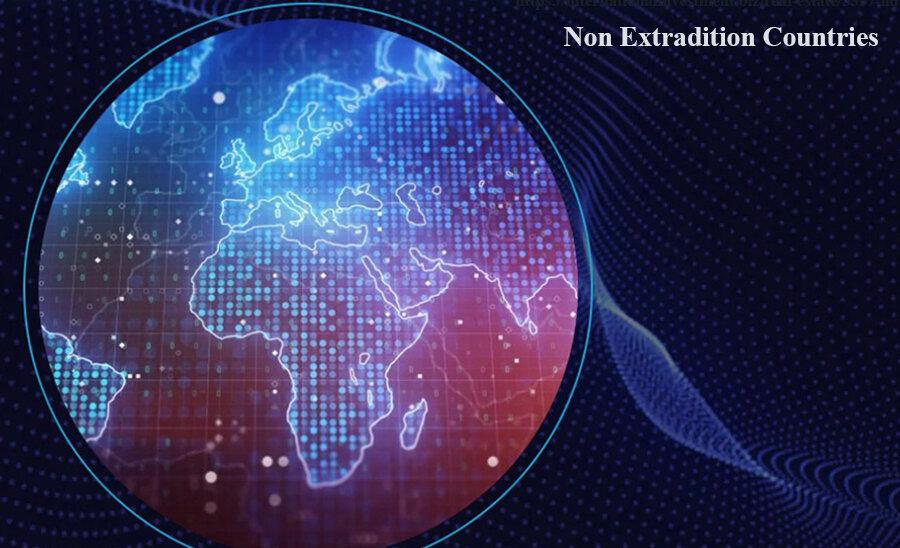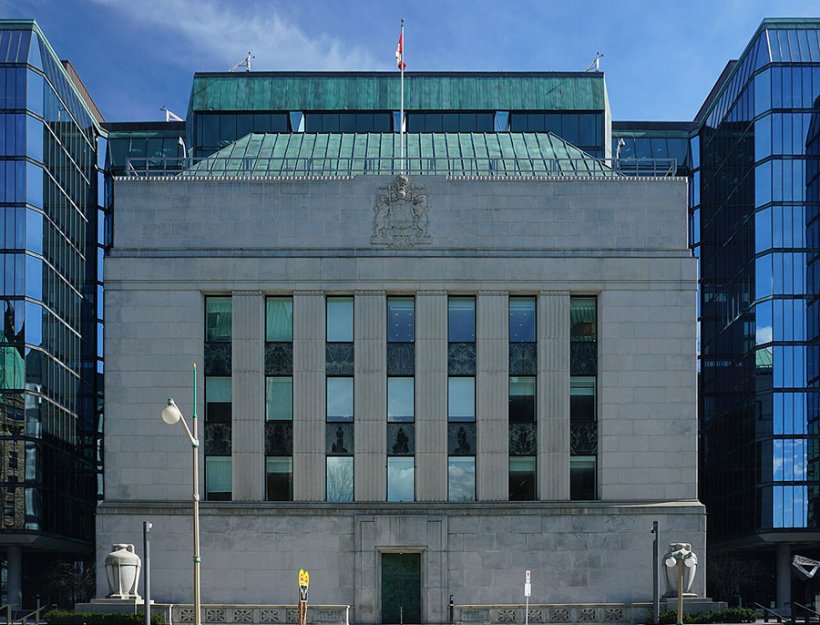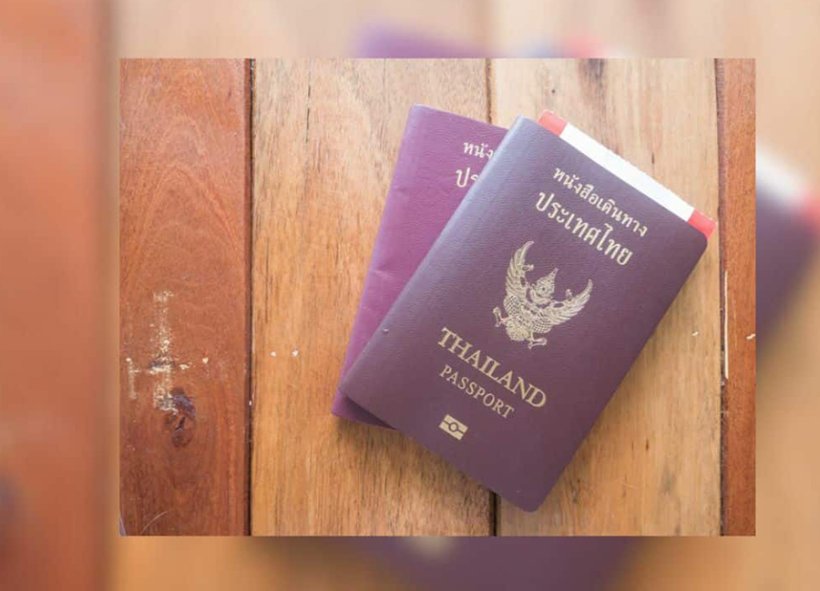
Some countries do not have extradition agreements, which often allows individuals who have committed crimes in one country to evade justice by seeking refuge in another. Examples of such locations include Cuba, Ecuador, and Venezuela. However, the absence of a formal agreement does not guarantee an automatic refusal, as decisions are made based on specific circumstances and diplomatic relations, Interpol clarifies.
Brief Historical Overview
Historically, the issue of extraditing criminals first arose in connection with the expulsion of diplomats who assisted allied nations in committing misconduct or crimes abroad. This led to the establishment of diplomatic immunity.
Later, individuals seeking political asylum in another country after committing an offense punishable under the laws of their home country began to benefit from the right to refuse extradition.
Eventually, under the pretext of political beliefs, this right was also used by those who committed ordinary criminal offenses. A well-known example is the refusal of Turkey and the U.S. to extradite Lithuanian terrorists who murdered a flight attendant on a Soviet plane. Critics argue that extradition treaties between states do not always align with human rights conventions.
A particularly striking example of this inconsistency is when extradition negotiations take years while the accused remains in custody without trial. In such cases, generally accepted principles of international law complicate the work of national law enforcement agencies and may contradict domestic human rights legislation.
How Extradition Treaties Work
Extradition treaties are formal agreements between two or more countries outlining the conditions and procedures for surrendering individuals for prosecution or punishment. These agreements are crucial in international law enforcement, providing a legal framework for transferring accused or convicted individuals.
Experts highlight the difference between:
- Countries without extradition treaties: These nations have no legal framework for handing over criminals and are not obligated to cooperate with extradition requests.
- Countries that refuse extradition: These nations have agreements but choose not to extradite individuals due to legal, humanitarian, political, or national security reasons.
Decisions depend on factors such as:
- The type of crime committed
- The likelihood of unfair trials or harsh punishments
- International relations between the requesting and host countries
Nations that do not recognize extradition often have no formal agreements with countries following the same policy. These countries may protect individuals from prosecution based on human rights concerns. Granting asylum can lead to diplomatic tensions and hinder international cooperation in criminal justice.
Conditions for Extradition
Extradition is only granted for offenses considered criminal in both countries involved. Additionally, the accused must be sentenced to at least six months of imprisonment or a more severe penalty. Extradition requests are commonly made for crimes related to:
- National security
- Corruption and financial fraud
- Drug trafficking
- Human trafficking
- Modern Trends in Extradition
There is a growing trend to simplify the extradition process, including:
- Relaxing the "double criminality" requirement
- Reducing the number of reasons for refusal
- Decreasing administrative barriers
Despite formal treaties, political tensions or legal issues can lead to extradition conflicts. For example, Ecuador, Cuba, Bolivia, Nicaragua, Iceland, Switzerland, Venezuela, and Zimbabwe have official agreements with the U.S. but frequently refuse to extradite individuals. Conversely, Spain and Yemen cooperate in returning fugitives despite the absence of formal treaties.
Extradition is a sovereign right, not an obligation. It becomes mandatory only if a bilateral or multilateral treaty outlines the conditions for mutual legal assistance in criminal matters.
Where Extradition is Prohibited
Countries Without Extradition Treaties
Among the many countries without extradition agreements are:
- Bhutan
- Solomon Islands
- Sahrawi Arab Democratic Republic (claims control over Western Sahara, governed by Morocco)
- Azad Kashmir (a Pakistani-administered autonomous region in the disputed Kashmir territory)
Other notable mentions:
- Kosovo
- Turkish Republic of Northern Cyprus
- Cook Islands and Niue
- Afghanistan and Algeria
- North Korea, Somalia, and Syria
- Partially Recognized and Disputed Territories
Some partially recognized or disputed territories do not engage in extradition due to lack of diplomatic recognition. Examples include:
- Somaliland (officially the Republic of Somaliland, an unrecognized state in the Horn of Africa, internationally considered part of Somalia)
- Transnistria
- Northern Cyprus
- Western Sahara
Due to their disputed status, these regions struggle to sign and enforce international agreements, including extradition treaties.
Limited Extradition
Some countries legally permit extradition but exercise significant discretion in applying it. These include:
- Ecuador
- Cuba
- Bolivia
- Nicaragua
- Iceland
- Switzerland
- Venezuela
Although these countries have legal procedures for extradition, they frequently deny requests for various reasons. However, diplomatic ties can influence decisions, and a lack of a treaty does not guarantee protection from extradition.
Regional Differences
Europe
The European Union (EU) regulates extradition through shared policies. Countries like France, Spain, and Switzerland have multiple extradition treaties but may refuse extradition under certain conditions, such as when it involves their own citizens or humanitarian concerns.
The United Kingdom deserves special mention. Despite having numerous extradition treaties, it rarely extradites individuals due to lengthy legal procedures. The Czech Republic also seldom extradites suspects due to concerns about human rights violations.
Georgia officially has extradition agreements with several countries, including EU member states, the United States, and neighboring nations. However, in practice, extradition cases often encounter legal and political challenges. Georgia may refuse to extradite individuals if there is a risk of human rights violations or an unfair trial in the requesting country. Additionally, extradition can be blocked if the accused holds refugee status or Georgian citizenship, as the country’s constitution prohibits the extradition of its own citizens.
Political factors further complicate the situation: in recent years, Georgia has declined extradition requests from countries with strained diplomatic relations. At the same time, Tbilisi actively cooperates with international organizations such as Interpol and, in some cases, transfers suspects to third countries through international legal mechanisms.
North & South America
The U.S. and Canada maintain strong diplomatic ties regarding extradition treaties. However, no such agreements exist between the U.S. and Cuba or Venezuela, underscoring the role of diplomatic and political relations in extradition cases. Ecuador, despite its agreement with the U.S., occasionally refuses to extradite individuals.
Africa
Many African nations lack structured legal systems, making extradition agreements ineffective.
Somalia has no judicial infrastructure, preventing the enforcement of extradition agreements.
Mali and South Sudan also have no functional legal frameworks, making extradition practically impossible.
Asia
Due to human rights disputes, China has no extradition treaties with the U.S. or the UK.
The Middle East presents complex extradition policies:
The UAE has agreements with some countries but refuses to extradite suspects to Iran and Qatar due to political tensions.
Iran lacks extradition agreements with the U.S. and UK for similar reasons.
Key Takeaways
Extradition is a legal process, and courts consider multiple factors before making decisions, including:
- Legal differences between the countries involved
- Human rights concerns
- Potential political motivations behind the extradition request
While many countries participate in extradition agreements, the actual practice varies. Even countries that never extradited individuals before may do so under specific circumstances, often to maintain friendly diplomatic relations.
However, delays in negotiations can result in prolonged detention of the accused, violating their right to freedom. This highlights the complexity of international extradition, where legal, political, and human rights considerations intersect.











